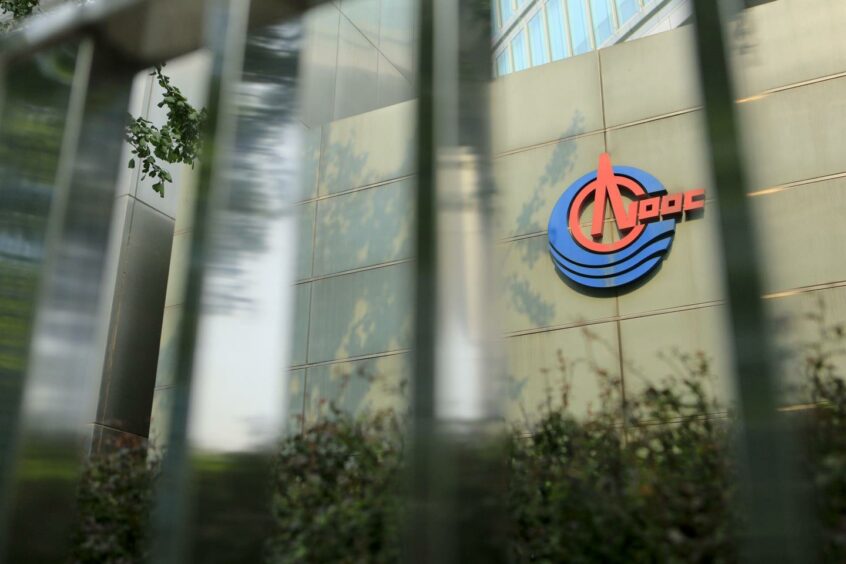
CNOOC has finished China’s first offshore carbon capture and storage (CCS) project designed to permanently store carbon dioxide (CO2) in the seabed, state media reported recently.
The project is located at the company’s Enping oilfield in the mouth of the Pearl River, about 200 km (124 miles) from Shenzhen, and will store CO2 emitted during the oil extraction process, state broadcaster CCTV reported.
State-backed CNOOC started building the project last September and said it would eventually sequester a total of 1.46 million tonnes of CO2 in 800-meter deep seabed reservoirs.
China has identified carbon capture utilisation and storage (CCUS) as a key part of efforts to become carbon neutral by 2060, but though it has built several demonstration projects, the deployment of the technology has so far been limited, reported Reuters.
According to an assessment report by the Ministry of Science and Technology and other government bodies earlier this year, the engineering and running costs of CCUS remain too high and government support was still insufficient, added the news agency.
“The future theoretical emission reduction potential of CCUS technology is huge,” the report said, “but due to the technology’s level of maturity and economic viability, that emission reduction potential is difficult to exploit.”
Recommended for you
